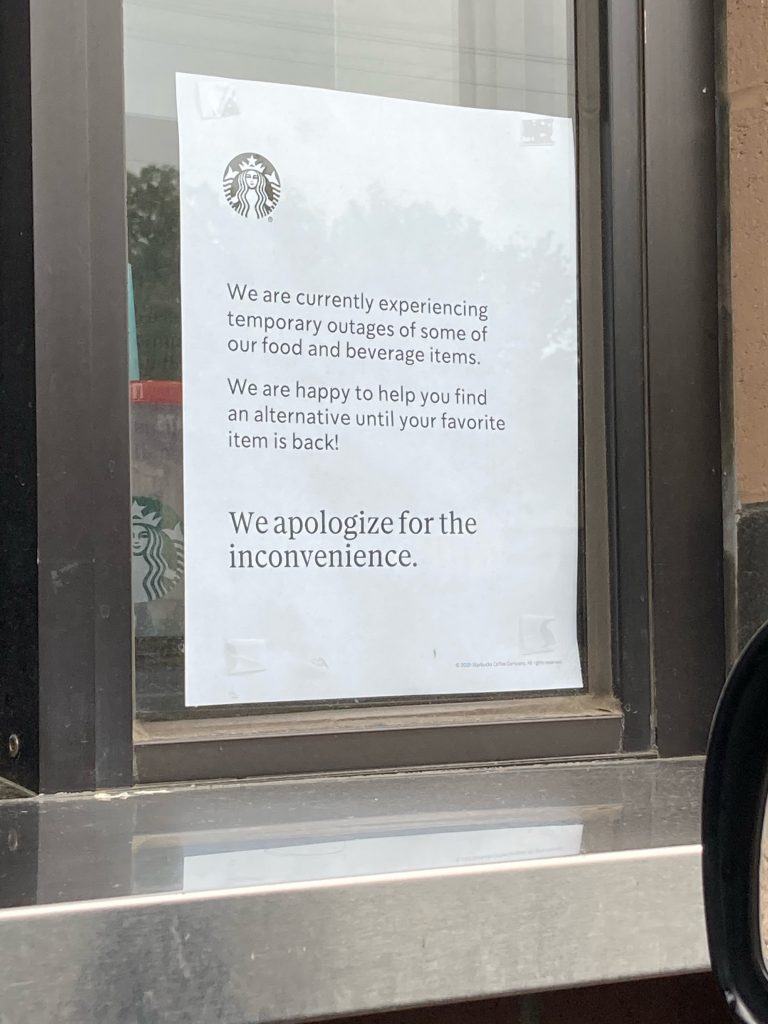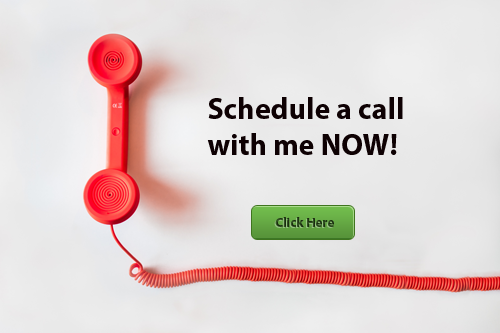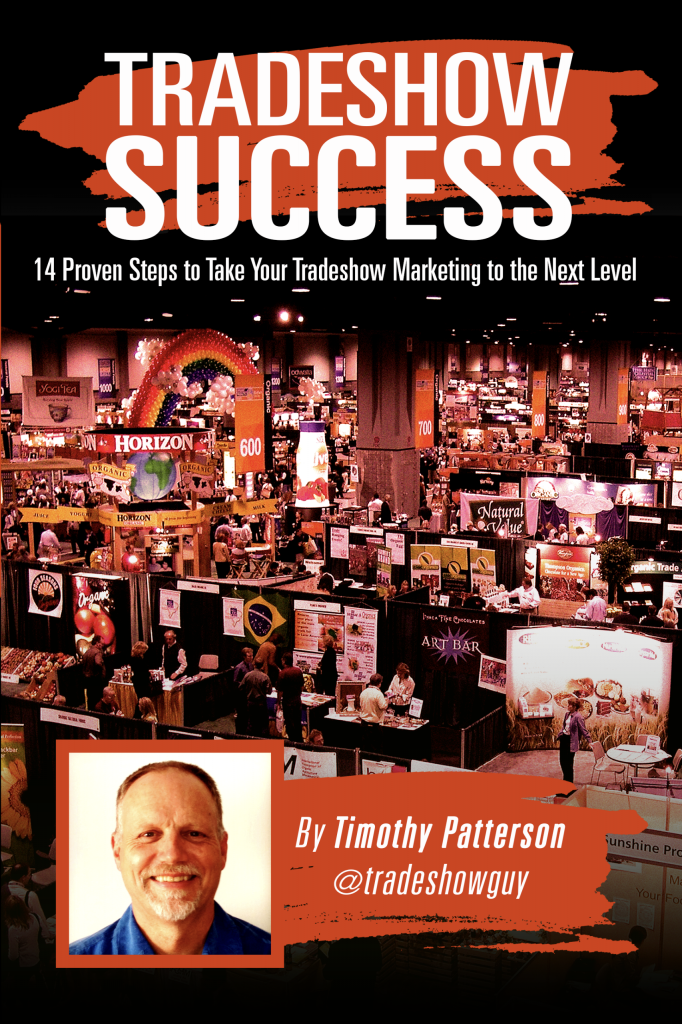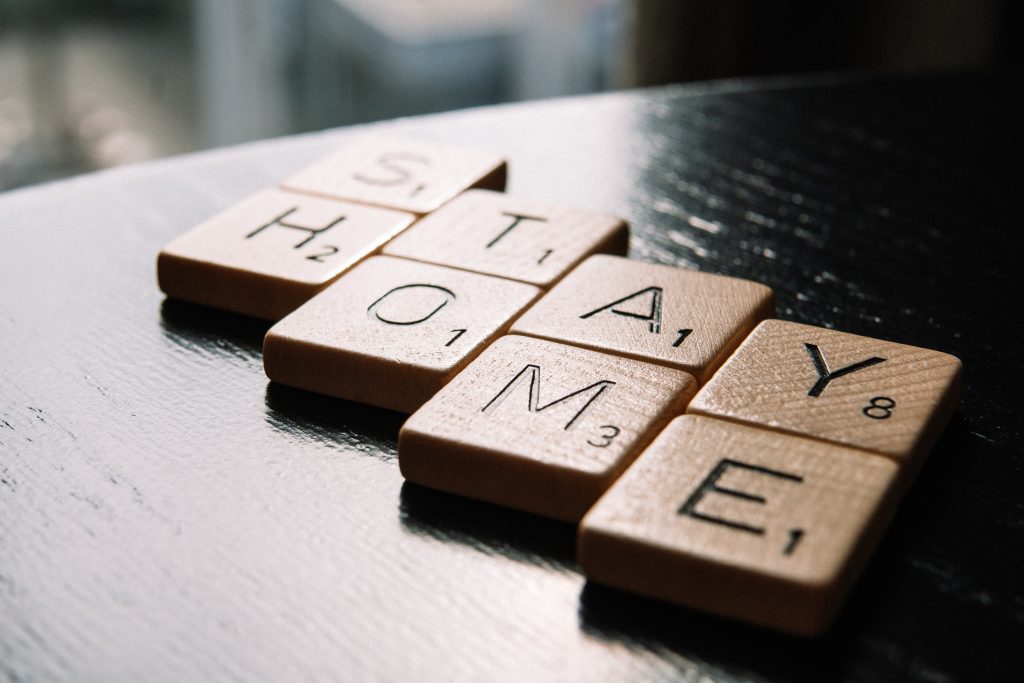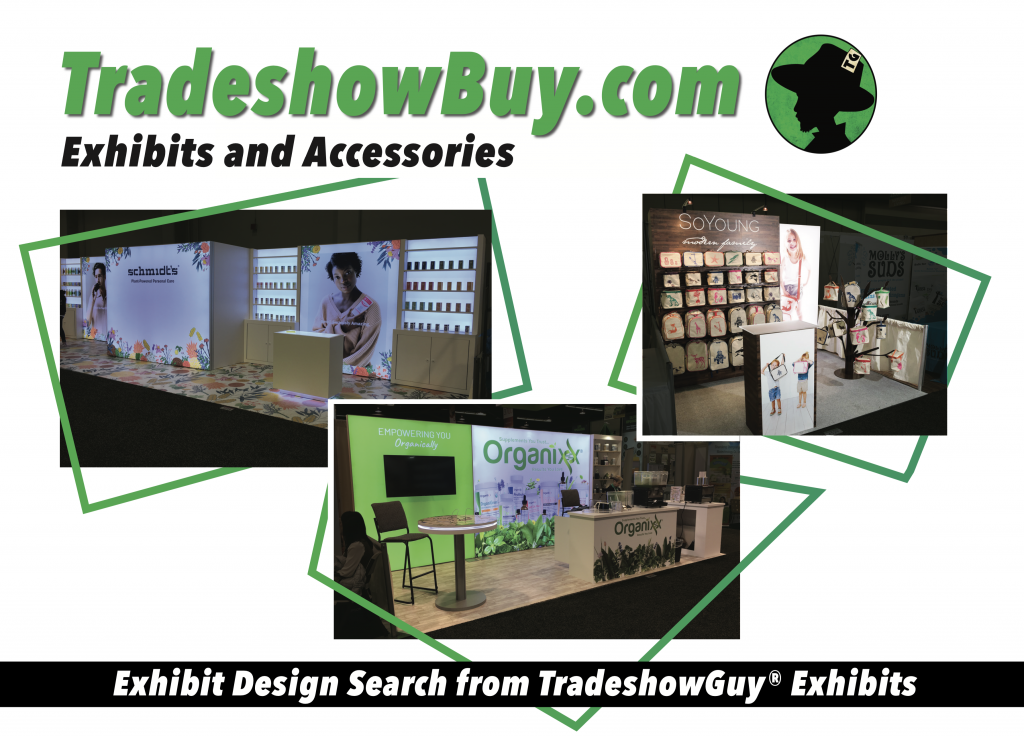Preparing for the Return of Tradeshows: What it Means to Your Wallet and Schedule
Inflation is kicking in, have you noticed? Have you recently tried to price a piece of plywood, for example? And no doubt you’re feeling it at the pump, too.
It’s affecting the cost of tradeshow exhibits and tradeshow marketing, too. In a recent Classic Conversation – where Classic Exhibits distributors gather monthly to share info and chat – much of the conversation was about rising prices. And it’s apparently affecting a lot of the marketplace. Prices are moving up, and time frames are also changing.
For example, when the pandemic hit, companies had to shed employees. Many were furloughed indefinitely, many were simply let go. Now that things are moving in the other direction, albeit slowly in many instances, companies are having to staff up again. And many are finding it challenging to get dependable people back into the workforce.
Also, supply lines are either clogged or pinched, or negatively affected, meaning that it takes longer to get the materials that you need. There’s a high demand where there was recently very little demand, which means that the ramping up of production is happening, and it doesn’t happen overnight. And shipping is taking longer than it used to. Much longer, depending on where things are coming from. If materials are coming from Asia, for instance, the broad stroke take is that shipping containers cost more and are harder to find, making shipping not only more expensive, but things are taking longer.
In the states, shipping times are expanding by a few days in some instances. Again, these are general observations, but people who handle shipping logistics agree that it’s taking longer to get things from Point A to Point B.
Other things to watch for
It’s been noted that in some locales, show services are being impacted. In a quick addendum to our regular monthly chat, someone observed that GES was allowing only their rental exhibits to be set up, and not allowing any EACs (Exhibitor Approved Contractors) onto the floor. Again, this seemed to be only in a few places, but it raises flags about how you should approach planning for your next show.
What to do:
Talk to your exhibit house: find out prices ahead of time; find out how long the quote will be good for (expect that 30 days is a likely limit).
Talk to your labor and show services contractors well ahead of the show so you are prepared for any changes that you may have to deal with for the upcoming show.
Download and read the show manuals from top to bottom and if you notice changes or have questions, take the time to reach out and get clarity on anything you’re uncertain about.
Finally, don’t wait until the last minute for any booth changes. Plan on adding an extra week or two or three to your design and production schedule. Show dates won’t move, and if you want any significant changes to your tradeshow booth, make sure your planning includes the extra time needed.

